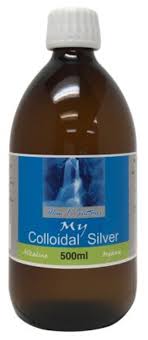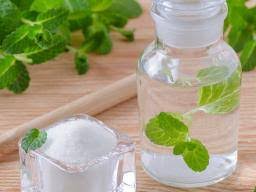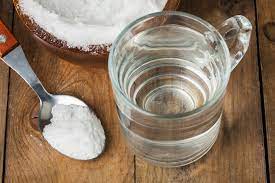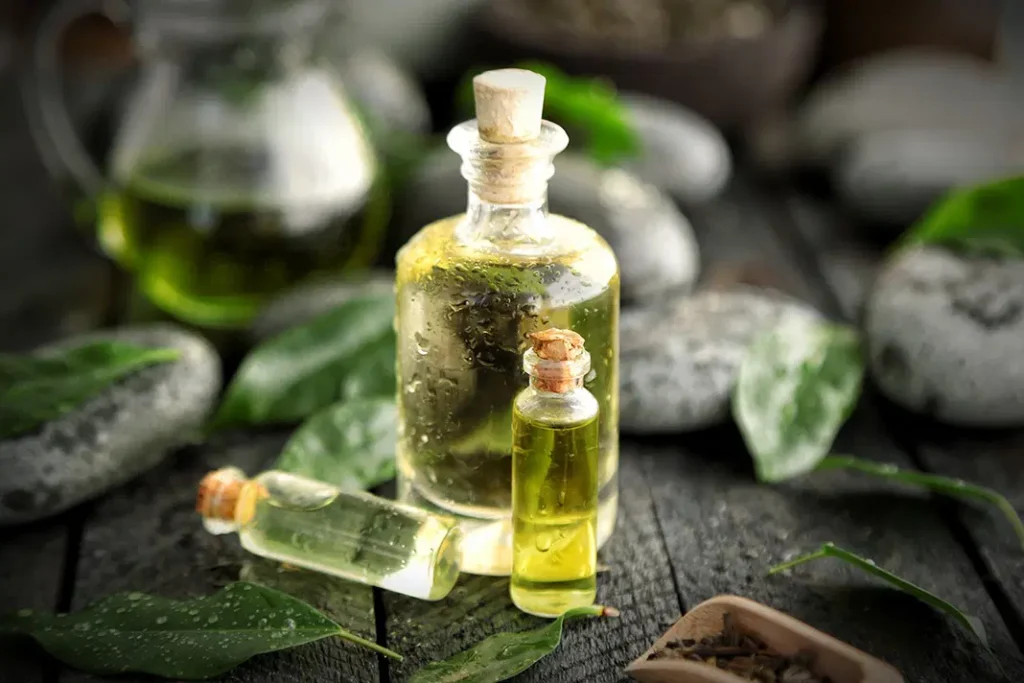
How to Treat Gum Infection at Home
Do your gums often bleed when you brush your teeth? Are they red, swollen, or painful? If so, you may be suffering from a gum infection.
A gum infection, also called gingivitis, is an inflammation of the gums. It is usually caused by plaque buildup; plaque can harden into tartar if not removed, and tartar can further irritate the gums and lead to gum disease. Gum infection symptoms include bleeding gums, redness, swelling, and pain. Gum infections are a common oral health problem, but luckily there are a few things you can do to treat them at home.
There are many home remedies for gum infection that you can use to help treat the infection. In this post, we will discuss some of the most popular and effective remedies you can use at home to relieve your symptoms.

Natural antibiotics for tooth infection:
While it’s always best to see a dentist if you think you have a tooth infection, some natural antibiotics can help fight the infection while you’re waiting to see a dentist.

Oil of Oregano:
Oil of oregano is an essential oil that has antimicrobial properties. A 2004 study showed that oregano oil could kill bacteria that cause tooth infections.
To use oregano oil for a tooth infection, add a few drops of the oil to a cotton ball and apply it directly to the affected area. You can add a few drops of oregano oil to the water and gargle. Spit the water out after Gargling.

Colloidal silver:
Colloidal silver is another option for treating a tooth infection naturally. Colloidal silver is made up of silver particles suspended in a liquid. The silver particles work to kill bacteria and other microorganisms. A study published in 2015 found that colloidal silver effectively kills bacteria that cause tooth infections. You can find colloidal silver at most health food stores.
To use colloidal silver for a tooth infection, mix 1 teaspoon of colloidal silver in 1 cup of distilled water and use it as a mouthwash. Spit the mixture out after swishing it around your mouth for 2 minutes.
Manuka Honey: Manuka honey is produced by bees that pollinate the flowers of the manuka bush in New Zealand. Manuka honey contains hydrogen peroxide, an agent that can kill bacteria. A 2012 study found that honey effectively treated Helicobacter pylori infections, which are known to cause stomach ulcers.
To use Manuka honey for a tooth infection, apply the honey directly to the affected area and leave it on for 20 minutes before rinsing your mouth out with warm water.

Home remedies for gum infection
Several home remedies can help treat gum infections and relieve symptoms like bleeding gums. Some of the most effective include:
Oral care:
First, try to get rid of plaque from your teeth. To do this, brush your teeth regularly with a soft-bristled toothbrush. Also, you can use mouthwash with hydrogen peroxide. This substance has antibacterial and antiviral properties and can reduce pain and swelling in the gums. Apply the solution to your gums and swish for about 20 seconds. Then, rinse it off with warm water.
Alternatively, you can use essential oils on your gums.

Salt water rinse:
A salt water rinse can help reduce inflammation and swelling in the gums. To make a saltwater rinse, add a teaspoon of salt to a glass of warm water and stir until the salt is dissolved. Rinse your mouth with the solution for 30 seconds before spitting it out.
Oil pulling:
Oil pulling is an ancient Ayurvedic practice involving swishing oil around your mouth for 20 minutes to remove bacteria. The most commonly used oil for oil pulling is coconut oil, but sesame and olive oil can also be effective.

Clove oil:
Another effective home remedy for gum infection is clove oil, which has strong antibacterial and analgesic properties. The active ingredient in clove oil is eugenol. It’s important to note that clove oil can be rather strong tasting. It can be diluted with a small amount of olive oil and applied directly to the gum abscess.
Turmeric powder paste:
Turmeric powder has antimicrobial and anti-inflammatory properties, making it an effective treatment for gum disease. To make a turmeric powder paste, mix 1 teaspoon of turmeric powder with enough water to form a thick paste. Apply the paste to the affected area with a cotton swab or your fingers and let it sit for 5-10 minutes before rinsing it off with cool water.

Garlic:
Garlic, in particular, can help fight bacteria because it can raise the pH level in your mouth. You can also mix a teaspoon of dried sage with six ounces of water and swish it for several minutes.
Hydrogen peroxide mouthwash:
Hydrogen peroxide is an antibacterial agent that can help kill the bacteria that cause gum disease. To use hydrogen peroxide as a mouthwash, mix equal parts water and 3% hydrogen peroxide in a cup or glass and swish it around in your mouth for 30 seconds before spitting it out.

Tea tree oil mouthwash:
Tea tree oil is another effective antibacterial agent that can help kill the bacteria that cause gum disease. To use tea tree oil as a mouthwash, add a few drops of tea tree oil to a cup or glass of water and swish it around in your mouth for 30 seconds before spitting it out.
Aloe vera gel:
Aloe vera gel has anti-inflammatory properties that can help reduce swelling and inflammation in the gums caused by gum disease. To use aloe vera gel, apply it to the affected area with a cotton swab or your fingers and let it sit for 5-10 minutes before rinsing it off with cool water.
For best results, try using several of these remedies regularly until your symptoms improve. And if your symptoms persist or get worse, be sure to see your dentist or doctor as soon as possible.

Rubbing salt on gums:
Rubbing salt on gums for gum infection is a simple home remedy that helps reduce gum inflammation and soothes the painful gums. It also kills germs and is safe to swallow. However, you should not swallow the salt water.
Salt is also a natural abrasive. While it can remove surface stains and tartar, it can also erode tooth enamel, causing further dental problems. Also, removing the top layer of the teeth may expose the underlying dentin, which is weaker and more sensitive than outer enamel. So, be careful when using salt on gums.

How to get rid of gum infection without antibiotics:
Many people want to get rid of gum infections without using antibiotics. Some of the methods include:
- One of the best ways to treat an infection without antibiotics is to apply baking soda and water paste to the affected area. This is effective for gum abscesses and can reduce dental plaque. Moreover, the paste can also help to prevent oral bleeding. Applying the mixture to the infected area for a few minutes is a great home remedy for gum infection. Repeat the procedure as necessary until the infection disappears.
- Another natural remedy to treat a gum infection without antibiotics is using ice packs. Ice packs are typically large and can be wrapped in a clean cloth or towel. You can also use ice cubes to massage the infected area. You can also make ice packs by freezing a vegetable and soaking it in water. Another option is to dip an ice cube in hydrogen peroxide and apply it to the infected area. This will relieve pain and swelling around the mouth.
Remember that these remedies will not treat the cause of the infection, but they can help control the pain until you get to the dentist. Home remedies can be very helpful depending on the stage of the infection. They may also help to prevent the infection from spreading.
Conclusion:
Treating a tooth infection doesn’t have to be difficult or expensive – plenty of effective natural antibiotics can help clear up the infection quickly. So next time you find yourself suffering from bleeding gums or other symptoms of a tooth infection, reach for one of these natural remedies!
However, By trying Dental pro 7, you’re not only taking things a step further to strengthen your teeth and gums naturally but also fighting gum recession and disease. This powerful product contains 100% natural herbs that promote oral health–and it comes with a money-back guarantee so you can try it risk-free!
Leave a reply